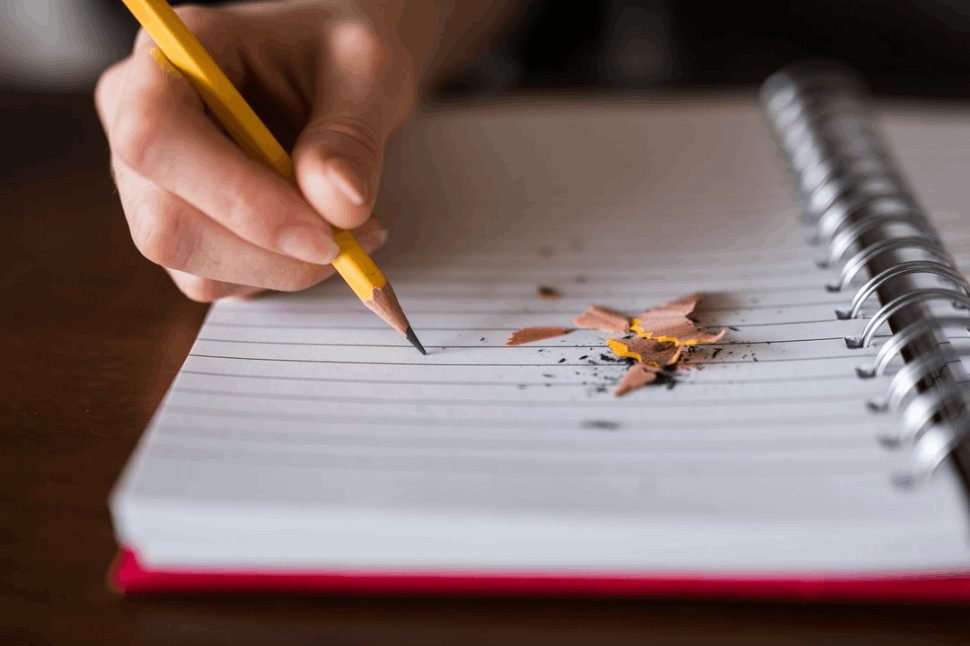Answering the Question — How Do You Spell Unfortunately
Writing long words and terminologies in English may sometimes get too confusing. You might wonder, how do you spell unfortunately. What does Unfortunately Mean? The definition of this term pertains to an adverb that shows an unfavorable event. It’s usually used to negate or oppose a preceding phrase. Also, it’s used to connect two sentences, … Read more

